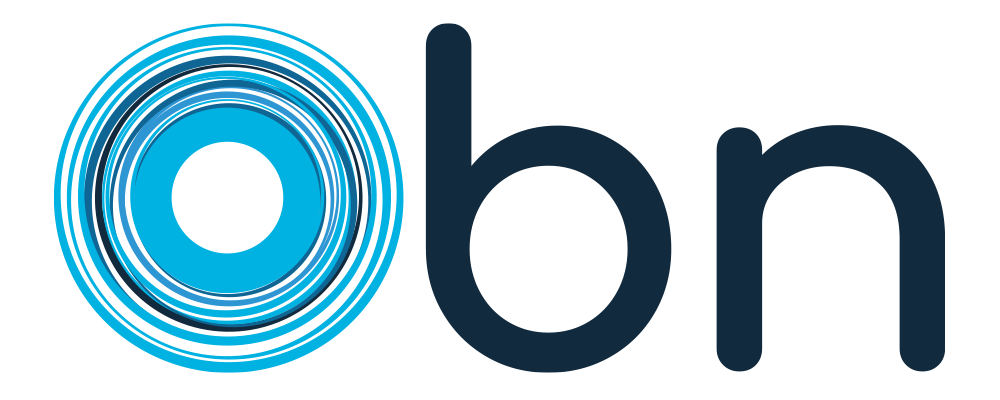
Not a day goes by without someone propounding another genius theory to finally bring an end to the pain point of what we are going to do with these platform businesses, large digital companies. They even take it to the extreme by suggesting that we do not even need social media, since the harm it does overrides any good it may be serving.
In my last article, I have tried to touch upon the various solution proposals on the matter; from Senator Elizabeth Warren’s proposal suggesting large digital companies must be broken up or broken open, to data monetization, Lisa Khan’s remark for the need of new antitrust laws and stricter merger controls; and claimed that authorities will fail to design an overarching and effective competition policy that would enable a competition-friendly digital economy; unless a variety of these measures are simultaneously implemented.
In between this very article and the one before it, Chris Hughes joined the crowd. On May 9, he wrote a rather lengthy opinion paper in the New York Times, shouting “It’s Time to Break Up Facebook”.[1] He surely has valid grounds to back his conviction, so to speak: “Mark’s influence is staggering, far beyond that of anyone else in the private sector or in government. He controls three core communications platforms – Facebook, Instagram and WhatsApp – that billions of people use every day. Facebook’s board works more like an advisory committee than an overseer, because Mark controls around 60 percent of voting shares. Mark alone can decide how to configure Facebook’s algorithms to determine what people see in their News Feeds, what privacy settings they can use and even which messages get delivered. He sets the rules for how to distinguish violent and incendiary speech from the merely offensive, and he can choose to shut down a competitor by acquiring, blocking or copying it.”
Followers of Adam Smith, who believed that “monopolies prevent the competition that spurs innovation and leads to economic growth”, failed to foresee the rise of Facebook; and the great threat it poses to innovation (and also to democracy). “FTC’s biggest mistake”, Hughes argues, and I agree, “was to allow Facebook to acquire Instagram and WhatsApp. In 2012, the newer platforms were nipping at Facebook’s heels because they had been built for the smartphone, where Facebook was still struggling to gain traction. Mark responded by buying them, and the F.T.C. approved.”
Free market dynamics, mild tax and regulatory policies, coupled with loose antitrust policies had shaped a concentrated market, with lower rates of growth, higher prices and fewer alternatives for the customers. “In the past 20 years, more than 75 percent of American industries, have experienced increased concentration, and the average size of public companies has tripled.” These numbers from the American market are important indicators of danger. Yet, it also emphasizes that it is not merely a Facebook problem, it is in fact a problem of capitalism, a problem of regulation and surely a problem of governments. We are criticizing the business model of Facebook, the very core of it, with “dominance” being its motto from day 1. Let’s face the ugly truth, these business models will not change. What may change however, is our governments and the decisions they are taking, or the approvals they will be refraining from providing. Not to mention the need for scholars, activists, think-tanks and people from all around the world, with a voice and desire the shape the world we will continue to live in.
At this very point, after claiming business models will not change, I am also forced to mention a new solution proposed by Nobel-winning economist Paul Romer that would also have an effect on the business models of these companies. He claims, “putting a levy on targeted ad revenue would give Facebook and Google a real incentive to change their dangerous business models”.[2] He believes new and more advanced antitrust laws will fall short to change what needs to change. Nor will it suffice according to many, to break up Facebook.
We are witnessing the start of a new era of accountability for big tech companies, starting with Facebook. Every single day, a new solution proposal hit the papers, which also show the concentrated focus and increasing concern on the matter. There is a collective anger and reaction growing, which probably lead to the new voices and new solutions moving forward.
These are not easy challenges. One of the main and difficult challenges, with its repercussions on tax, antitrust laws, privacy is the failure of governments and/or regulators to keep up with the pace of digital innovation, their failure to foresee what was coming with them implementing the laws of earlier centuries. With the core of the focus on protection of privacy, governments must regulate tech companies or else must empower other agencies to do the same.
Governments (or the agencies) must come up with new sets of regulations: new antitrust laws, a global digital services tax system, even targeted ad taxes, content regulation rules to draw a fair line between freedom of speech and harmful speech; and overall maintain a healthy competition environment. “It’s competition - not size - that demands more data, more attention, more engagement and more profits at all cost. The government’s efforts to increase competition risk simply aggravating these problems. Regulation (for competition) might change the business environment, but it won’t necessarily change the business model.”[3] So the governments must consider the issue as a whole; not just a problem of competition, not just a problem of Facebook; and must find a way to scale their measures globally
[1] https://www.nytimes.com/2019/05/09/opinion/sunday/chris-hughes-facebook-zuckerberg.html
[2] https://www.nytimes.com/2019/05/06/opinion/tax-facebook-google.html?smid=nytcore-ios-share
[3] https://www.theguardian.com/commentisfree/2019/apr/23/big-tech-google-facebook-unions-public-ownership

